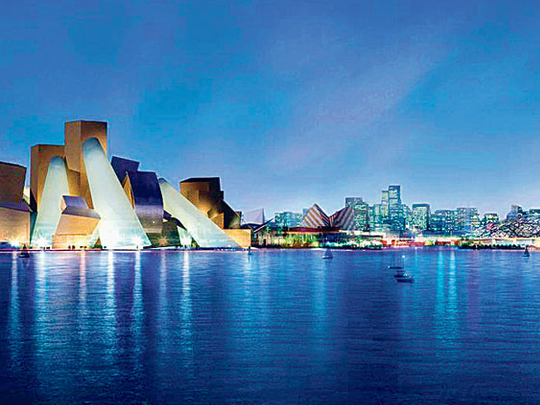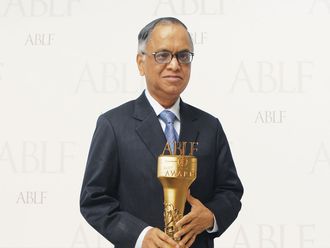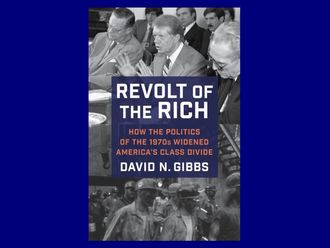
If you have ever drifted into a dreamscape with French artist Nicolas Lancret’s paintings, Italian pianist Ludovico Einaudi’s compositions, or Lebanese author Khalil Gibran’s writings — then rejoice! For you have experienced something ethereal no words can capture.
Savouring the arts is an essential part of our human experience. We can certainly witness its ubiquitous presence and influence in our daily lives, ranging from beautiful urban spaces, gastronomic creations, everyday consumer products, transport designs, and unforgettable films.
In retrospect, top-notch creatives are shaping our world in an enduring, masterful manner. Policymakers should recognise the value of a robust arts education program in grooming valuable creative skills that are useful for many industries. Experts have observed the profound impact of the arts on students, citing improvements in academia, social connections, and emotional intelligence.
By engaging in the arts, students receive an essential aspect of their education that equips them with values, behaviours, and skills that will be of utmost importance to their lives. These include self-reflection, inquisitiveness, creativity, resiliency, problem-solving, and teamwork.
Power to elevate
Arts experiences and workshops also promote self-expression, boosting confidence as well as shaping individual identity. The arts can also foster social inclusion, tolerance, cultural diversity, and freedom of expression — bringing us closer together as multicultural societies. Moreover, the arts have the power to elevate our physical, emotional, and mental well-being.
Not only do the arts have the power to elevate people’s knowledge and skills to exciting frontiers, the creative industries are now a growing, lucrative sector in many countries. Globally, the creative sectors play a mighty role in our economies, generating $2.25 trillion globally (3% of world GDP) and employing 29.5 million people, making them the fastest growing sectors worldwide.
More and more private sector companies are hiring creatives to enhance their products and services in multifold ways. Research by McKinsey reveals that businesses with strong design elements demonstrated superior business performance, in addition to increased revenues and total returns to shareholders.
Important driver of economy
The UAE regards the creative industries as an important driver of its economy. Recently, for example, Abu Dhabi announced plans to invest $6 billion over five years to develop its creative industries. This will channel investments into new museums, in addition to the performing arts, gaming, media, and music sectors.
Dubai has also launched its Creative Economy Strategy, which aims to position the emirate as a global creative destination by 2025 and to boost the contributions of the creative industries to GDP to 5 per cent.
The strategy also includes plans to host 15,000 creative companies and 140,000 creatives. As such, investment in arts education programs will be more important than ever to support the grooming of local artists who will form the backbone of these creative industries.
Currently, many arts education programs within schools are weak in content quality, with a limited number of classes, underfunded resources and equipment, and disengaged teachers. Consequently, this sidelined approach has led to low enrolment rates of students choosing to study arts-related subjects at university.
Governments who are looking to compete in the age of the fourth industrial revolution would need to nurture a creative talent base capable of pioneering profitable products, inventions, and services. Arts curriculum must be redesigned to be engaging, inspiring, and truly transformative for students. Moreover, teachers must be qualified arts professionals who can transfer the passion and skills to the younger generation.
Essential component of school curriculum
Many governments consider arts education an essential component of any school curriculum. For example, Singapore’s Ministry of Education collaborates with the National Arts Council to design and deliver more than 1,500 arts programmes and experiences annually, facilitated by 300 local artists.
Under the Artist-in-School Scheme, schools partner with Singapore’s arts professionals to co-design customised arts experiences for students to deepen their understanding of the arts and develop artistic skills.
Additionally, the council has a unique preschool arts education programme whereby children can immerse in an array of educational and delightful creative activities in the form of performances, artistic workshops, and excursions to arts venues, museums, galleries, theatres, and artists’ studios.
Extra-curricular programs are also vital for nurturing arts enthusiasts. Each year, the renowned British art gallery, Tate Modern, hosts a special event targeting 1,500 school students to experience its galleries, to explore and engage in a variety of immersion activities designed to enthral them. The program also aims to showcase the value of the arts in society and explain the unique role that creatives play as producers of content and culture.
The arts are also a fantastic way for inspiring students to adopt social causes or connect deeply with their heritage. For example, the Green Actions project, first initiated in Finland, capitalises on arts education to create awareness among school and university students on climate change in the Arctic region and the challenges it creates.
By unlocking the power of arts education, we can groom a generation of creatives capable of shaping a better world. Tom Horne, a state superintendent of public instruction based in Arizona, describes the value of an education in the arts, “We’re preparing kids for jobs. We’re preparing them to be citizens. And we’re teaching them to be human beings who can enjoy the deeper forms of beauty. The third is as important as the other two.”
Sara Al-Mulla is an Emirati civil servant with an interest in human development policy and literature








